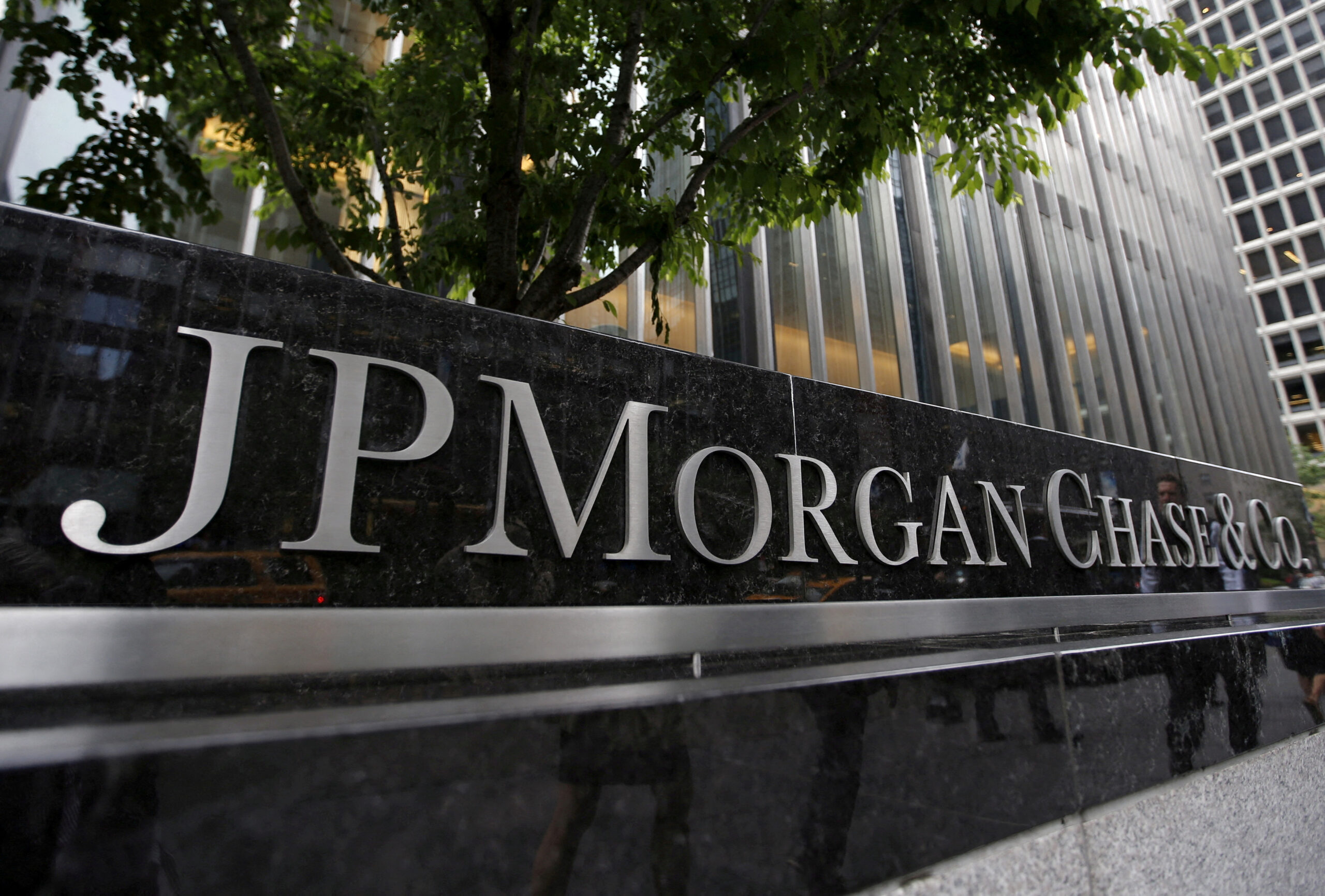JPMorgan Chase is increasing its focus on the private credit market and has reportedly set aside an additional $50 billion to be spent directly on lending. The changes to strategy that are being made also align with the bank’s intention to increase its activity in an industry that is traditionally controlled by private capital firms.
According to a report by Reuters, major banks including Wells Fargo, Citigroup and JPMorgan are competing for a share of the private credit market that is expected to grow rapidly to $3 trillion by 2028, based on data from Moody’s.
JPMorgan has already deployed more than $10 billion in private credit portfolio transactions across 100 plus recent private credit loans that have been completed in the last 4 years. The bank has also jointly allocated another $15 billion for private credit transactions, which it will make available, highlighting its growing commitment to the space of private credit.
“Pairing our vast origination platform with our lender client base has supercharged our ability to deliver in size for borrowers and increased deal flow for lenders.” Kevin Foley, global head of capital markets at JPMorgan.
The ever-increasing trend of traditional lenders moving into the realm of privately issued credit activities has become more popular in recent years. A few years ago, Citigroup teamed up with Apollo to develop a $25 billion private credit platform; however, this year, Wells Fargo joined up with Centerbridge Partners to work with middle-market companies to generate loans for these companies.
JPMorgan Growth Expansion
JPMorgan has been experiencing the rapid expansion of NBFIs known as shadow banks, which have recently drawn regulatory attention. Although JPMorgan has been actively increasing the size of its private lending activities, it was the only major U.S. bank that did not disclose which of its non-bank entities had made loans to the Federal Deposit Insurance Corporation (FDIC), known as the state-regulated treasury of the United States.
Regulators such as the Federal Reserve, Federal Deposit Insurance Corporation (FDIC), and Office of the Comptroller of the Currency have voiced concerns over the risks that NBFIs pose especially their high leverage and reliance on funding through banks.
Most recently, the Federal Reserve announced an exploratory analysis into the risks that NBFIs pose to the banking sector, with findings currently expected in June.
As the private credit market continues to grow at a rapid pace, traditional financial institutions are dedicating a large amount of their efforts to compete with private lenders currently operating within the market.
An indication of this is seen in a $50 billion commitment signed by JPMorgan to achieve confidence in its position in an area of credit markets that is undergoing major changes due to various restructuring efforts (Yser).
Read also: Ace Money Transfer Partners with Mastercard to Expand Global Remittance Services






